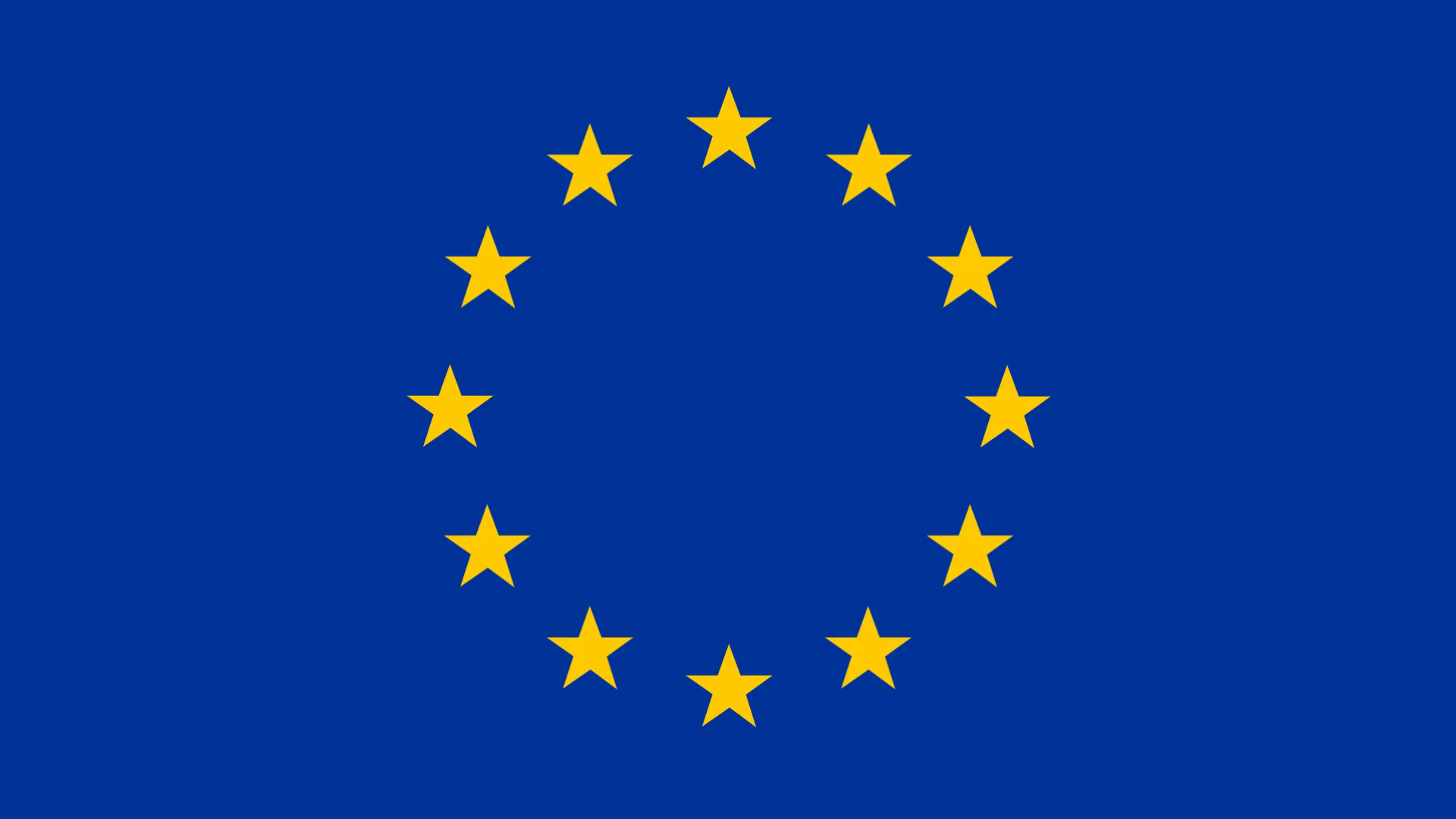EU, others commit €30m for rule of law, anti-graft in Nigeria
The European Union has said it had spent a total of 88 million euros to support Nigeria’s anti-corruption efforts since 2005, even as it announced another 30 million euros to improve the rule of law, tackle corruption, and reduce gender-based violence in the country for the next five years. The EU Ambassador and Head of […]

European Union (EU)
The European Union has said it had spent a total of 88 million euros to support Nigeria’s anti-corruption efforts since 2005, even as it announced another 30 million euros to improve the rule of law, tackle corruption, and reduce gender-based violence in the country for the next five years.
The EU Ambassador and Head of Delegation to Nigeria and ECOWAS, Samuela Isopi, stated this on Tuesday in Abuja at the formal launch of the Rule of Law and Anti-Corruption (ROLAC Phase II) Programme, implemented by the International Institute for Democracy and Electoral Assistance (International IDEA) and funded by the European Union.
She also disclosed that through partnership with the project, 35 states and the Federal Capital Territory (FCT) have so far domesticated the Violence Against Persons Prohibition (VAPP) Act 2015 to curb incessant cases of violence across states.
Ambassador Isopi said the programme is aimed at supporting the strengthening of the rule of law and the fight against corruption as well as reducing gender-based violence while promoting respect for human rights and ensuring inclusivity for all Nigerians.
- We won’t allow ceding Ogun oil-rich Island to Benin Republic – Senate panel
- 2023 National Agric Show: Farmers, firms seek business opportunities
While explaining that 1.5 million Nigerians were affected in the first phase of the programme, the diplomat said the second phase which would run for five years would be implemented in five states; Adamawa, Anambra, Edo, Kano, and Lagos, and the Federal Capital Territory (FCT), with the possibility of extension to two more states.
The envoy said, “The programme would be implemented by the International Institute for Democracy and Electoral Assistance (International IDEA) and funded by the European Union”.
She highlighted the achievements of the first phase of the programme including setting up and strengthening policies and processes; increased implementation and compliance with the Administration of Criminal Justice law; increased inter-agency cooperation in the fight against corruption and creating synergies between government and civil society organisations; increased access to justice for survivors of Sexual and Gender Based Violence, through the establishment of sexual assault referral centres and Special GBV courts as well as improved protection of the rights of children.
In his speech, the Attorney General of the Federation and Minister of Justice, Lateef Fagbemi (SAN), said the federal government was committed to the efforts of partners like International IDEAs and the EU, adding that the project contributed immensely to the implementation of the national anti-corruption strategy of 2017 to 2022.
Fagbemi, who was represented by the Director of Planning and Research in the ministry, Victoria Ojogbane, noted that their contributions to the development of acts such as the Proceeds of Crime Recovery and Management Act, the Money Laundering, Prevention and Prohibition Act, the Mutual Legal Assistance in Criminal Matters Act, among others, cannot be overemphasised.
